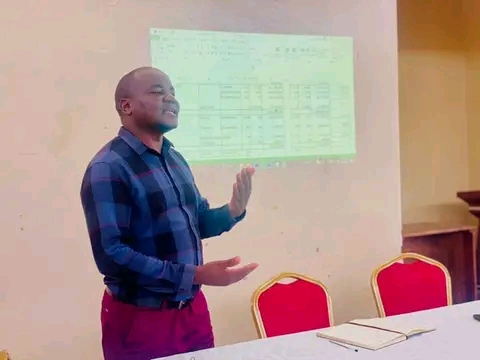Lusaka City Council Advances Towards Cashless Transactions in Markets for Enhanced Revenue Collection
The Lusaka City Council (LCC) convened a consultative meeting with Market Managers and Technocrats, signaling the imminent adoption of a cashless payment system.
During the meeting, Acting Director of Housing and Social Services, Kelvin Chama, outlined the council’s strategic move towards a cashless mode of payment, emphasizing its potential to boost revenue retention and reduce the inherent risks associated with cash handling.
Mr. Chama unveiled the plan, explaining that the proposed cashless system would allow traders to directly deposit their financial obligations and incentives into the council’s accounts.
This innovative approach aims to enhance transparency and efficiency in revenue collection within Lusaka’s markets and bus stations.
Under the proposed system, traders will utilize duplicate receipts accompanied by deposit slips and online reports, enabling the Revenue Accountant to consolidate and track revenue collections effectively.
Additionally, the cashless system will facilitate the generation of intra-day reports on collections, expediting the reconciliation process for Market Managers. Revenue Collectors will be deployed to assess compliance levels and issue receipts in exchange for deposit slips during routine checks.
To ensure a smooth transition, the Lusaka City Council plans to conduct extensive sensitization meetings in trading areas.
These sessions aim to equip all traders with the necessary information and guidelines for seamless compliance with the new cashless payment system.
Mr. Chama highlighted the council’s efforts in updating its databases for all shops, stands, and slots in markets and bus stations.
He stressed the importance of subdividing markets into smaller segments to enhance the easy location of shops, stands, and slots, thereby streamlining administrative processes.
Mr. Chama said that the implementation of the cashless system aligns with the Lusaka City Council’s commitment to modernizing revenue collection methods, fostering financial accountability, and ensuring the overall well-being of traders and stakeholders in the local markets.



